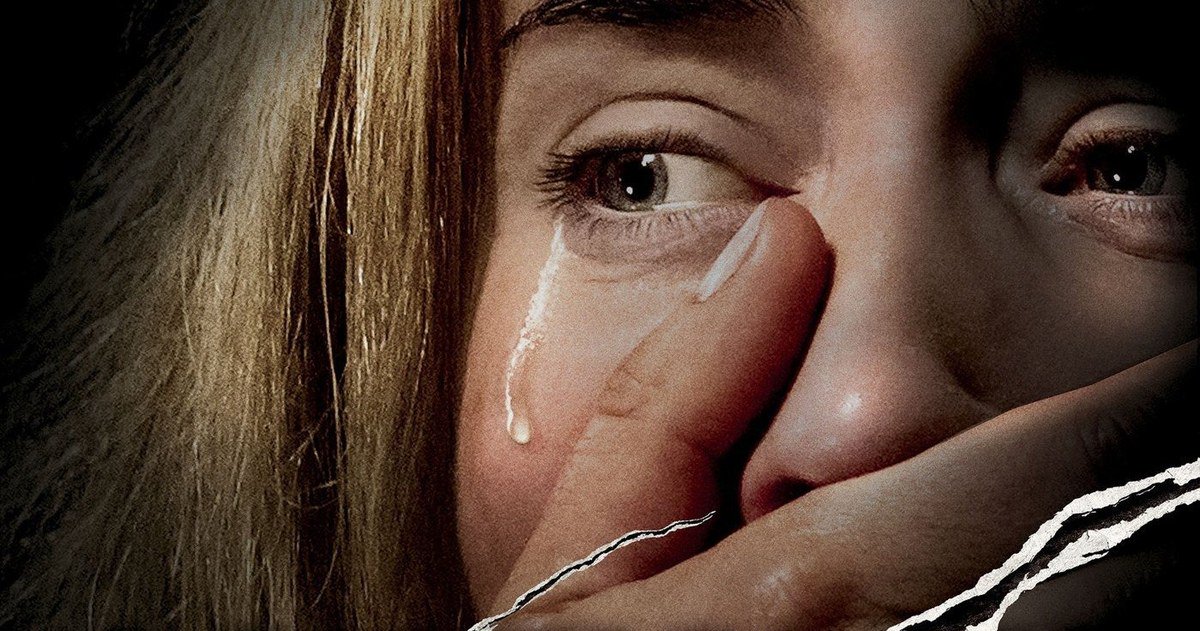by Hope Madden and George Wolf
George had a best friend in high school whose dad used to ask about homework. If you answered that “we just had a test”, the dad wearing the shocking plaid pants would say, “Then study what you missed!”
In that spirit, here are ten films from 2018 you may have missed but are well worth tracking down in 2019:
All About Nina
Make time for a character study with a timely and tenacious bite, featuring a tremendous lead performance from Mary Elizabeth Winstead. The standup comic who uses laughter to mask pain is a well-worn path, but first time writer/director Eva Vives uses the very comfort in that cliche to point out, as we were so clearly reminded last year, how casually some trauma is dismissed.
On its surface a look at giving yourself without losing yourself, All About Nina isn’t just about Nina, and that’s what makes it truly resonant. It reminds us of the courage it takes for women to speak up, and the shame that comes with not listening.
Blaze
It seems cosmically right that a virtual unknown singer-songwriter, Ben Dickey, plays country outlaw Blaze Foley (and is terrific) in director/co-writer Ethan Hawke’s stirring tribute.
From dreaming of stardom while riding in a truck bed, to antagonizing barroom audiences, to a visit with Blaze’s once-abusive, now senile father (Kris Kristofferson), sequence after sequence rings more organic and true than most found in music biopics.
It’s clear this a passion project for Hawke, who is smart enough not to let that passion interfere with authenticity. Blaze gives Foley the re-birth he clearly earned – as a conflicted, damaged soul longing to be heard.
Blindspotting
The ambitious script is a promising debut for writers Daveed Diggs and Rafael Casal, who also star. Diggs (Tony and Grammy Award-winner for Broadway’s Hamilton) plays Colin and Casal (in his first feature) is Miles, two longtime buddies in Oakland whose lives are upended by a police shooting
First time director Carlos Lopez Estrada sometimes struggles with tone, moving from stoner comedy a la Jay and Silent Bob to heavy drama and back again, and his hand on a few of dramatic moments can get heavy.
But by the time Diggs unveils the film’s soul in a showstopping, rage-filled finale, Blindspotting reaches a memorable height, becoming both an urgent social comment and an exciting filmmaking debut.
Border
Border director/co-writer Ali Abbasi has more in mind than your typical Ugly Duckling tale. He mines this story of outsider love and Nordic folklore for ideas of radicalization, empowerment, gender fluidity and feminine rage. The result is both a sincere crime thriller and a magical fantasy.
First Reformed
Writer/director Paul Schrader delivers a nearly flawless meditation on faith and despair with First Reformed. In what may be his strongest performance, Ethan Hawke delivers a a slow slide from a pleasant façade to destructive rage, perfectly capturing every emotion, every nuance of internal crisis and its external manifestations. Schrader’s film is a masterful character study that asks thoughtful questions about how our choices will be viewed in the eyes of God.
Five Fingers for Marseilles (review by Rachel Willis)
How does one make a film that’s uniquely South African yet still feels like an American western? Director Michael Matthews and writer Sean Drummond answer that question with the stunning Five Fingers for Marseilles.
There are few villains as perfect as Sepoko, also known as The Ghost. Every moment Hamilton Dhlamini is on screen, the tension escalates. The masterful score only magnifies this malevolent figure.
With desolate landscapes, brutal violence and characters with questionable moral compasses, this is not only a magnificent Western, but an exquisite film.
Leave No Trace
In her first feature since 2010’s gripping Winter’s Bone, writer/director Debra Granik is again focused on souls living on the rural fringes and scraping out a hardscrabble, under-the-radar existence.
Driven by two haunting performances from the always underrated Ben Foster and impressive newcomer Thomasin Harcourt McKenzie, Leave No Trace replaces any of Winter’s Bone’s sinister, menacing layers with a tender, sympathetic grace that feels achingly authentic, and often heartbreaking.
The film follows its own titular advice, broaching a variety of relevant social concerns without ever raising its voice, yet cutting so deeply you may not get out of the theater with dry eyes.
Thoroughbreds
Wicked, surprising, unapologetic, cynical and buoyed by flawless performances from Olivia Cooke and Anya Taylor-Joy, writer/director Cory Finley’s Thoroughbreds is a mean little treat. It’s a fascinating look— blackly comedic and biting—at how the other class comes of age.
Thunder Road
Writer/director/star Jim Cummings is responsible for the most criminally underseen film of 2018, Thunder Road.
Cummings explores grief, mental health, small town stagnation and the genius of Mr. Bruce Springsteen in a film that is breathtaking in its tonal shifts. Simultaneously heartbreaking, funny, nuts, unpredictable and alertly honest, Cummings’s film and his performance cement him as among the most exciting cinematic voices of 2018.
Tully
The character Tully doesn’t show up ’til nearly 40 minutes in, but by then the film Tully has its anchor: a sensational Charlize Theron.
After two winners together in Juno and the criminally ignored Young Adult, writer Diablo Cody and director Jason Reitman make their third collaboration a wonderfully natural extension of the first two. This isn’t the heartwarming comedy the TV ads want you to think it is, nor is it the casual dismissal of postpartum depression that others have charged.
It is one woman’s story, with moments of humor, absurdity and truth, a bit of cliche and even some fairy tale optimism. And with all of that, there’s enough brash boundary pushing to make Tully feel like a film we haven’t seen before, and one we’re glad that’s here.




